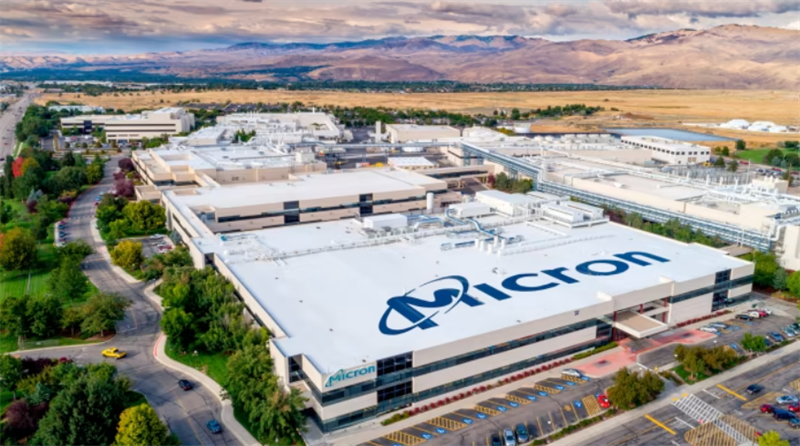The Biden administration has finalized major funding agreements under the CHIPS and Science Act, providing substantial subsidies to semiconductor giants Intel and Micron Technology. These investments aim to strengthen domestic chip production, enhance U.S. technological leadership, and reduce reliance on foreign suppliers.
Intel Corporation is set to receive up to $7.86 billion in funding to support semiconductor manufacturing projects across its facilities in Arizona, New Mexico, Ohio, and Oregon. The funding will help Intel expand its advanced packaging and chipmaking capabilities, critical to U.S. economic and national security. Intel CEO Pat Gelsinger highlighted the significance of these investments: “With Intel 3 already in high-volume production and Intel 18A set to follow, leading-edge semiconductors are once again being made on American soil.”
The funds contribute to Intel’s broader $100 billion investment plan, which includes driving research and development, creating tens of thousands of jobs, and establishing supply chain resilience. Intel also plans to leverage a 25% investment tax credit under the CHIPS Act, further boosting its growth efforts.
Micron Technology has secured a $6.2 billion subsidy agreement to support ongoing expansions in Idaho and New York. As the only U.S.-based manufacturer of high-bandwidth memory chips essential for AI applications, Micron plans to invest $100 billion in New York and $25 billion in Idaho over the next two decades. These projects are expected to create 20,000 jobs and increase the U.S. share of advanced memory chip production from less than 2% to 10% by 2035.

Commerce Secretary Gina Raimondo underscored the importance of Micron’s investments: “This ensures the onshoring of advanced memory semiconductor technology, safeguarding U.S. leadership in AI and enhancing national security.”
Micron’s plans also include a $275 million modernization project for its Virginia facility, as well as overcoming challenges related to environmental reviews under the Clean Water Act.

The CHIPS and Science Act has allocated $39 billion in grants and $75 billion in loans to drive semiconductor production in the U.S. More than 100 companies have committed a combined $400 billion to build semiconductor facilities across the country, covering everything from advanced processors to older-generation components.
Both Intel and Micron join other major players like TSMC and GlobalFoundries in receiving CHIPS Act funding. These initiatives reflect the U.S. government’s broader strategy to counter China’s dominance in semiconductor production and secure supply chains for critical industries such as AI, defense, and advanced technology.
These investments mark a significant milestone in reshoring semiconductor manufacturing and restoring U.S. leadership in the global technology race. As companies like Intel and Micron expand their operations, the U.S. is poised to strengthen its position as a hub for semiconductor innovation and economic growth.
+86 191 9627 2716
+86 181 7379 0595
8:30 a.m. to 5:30 p.m., Monday to Friday
